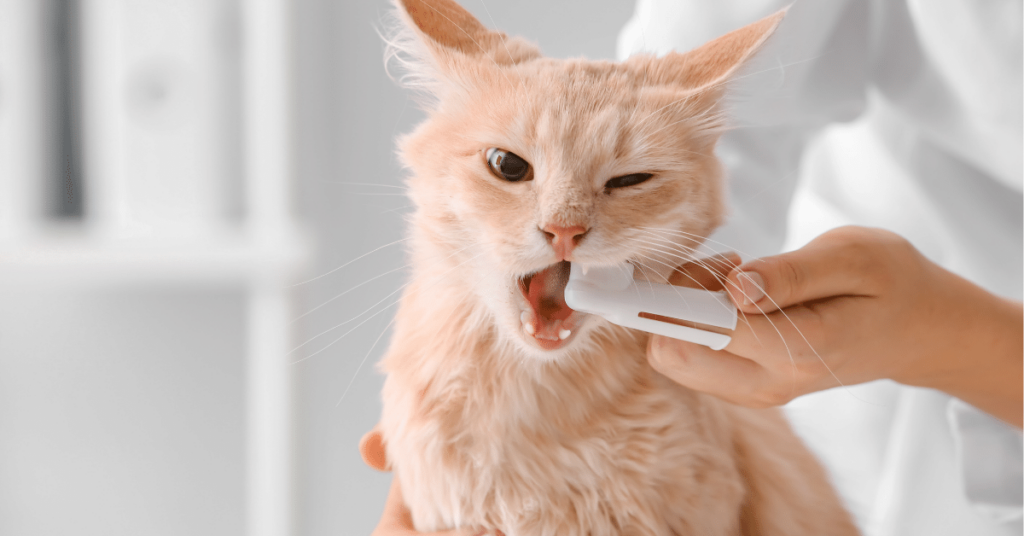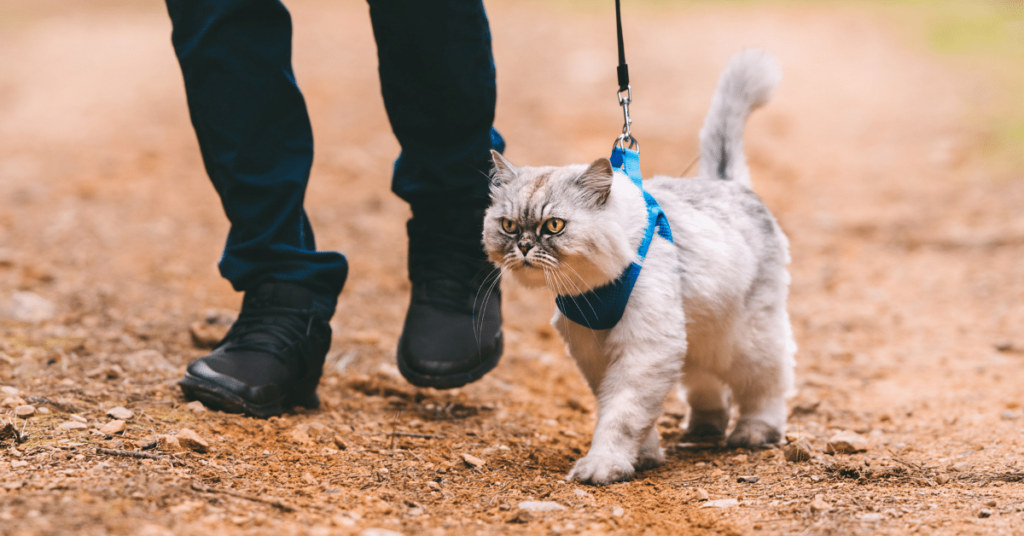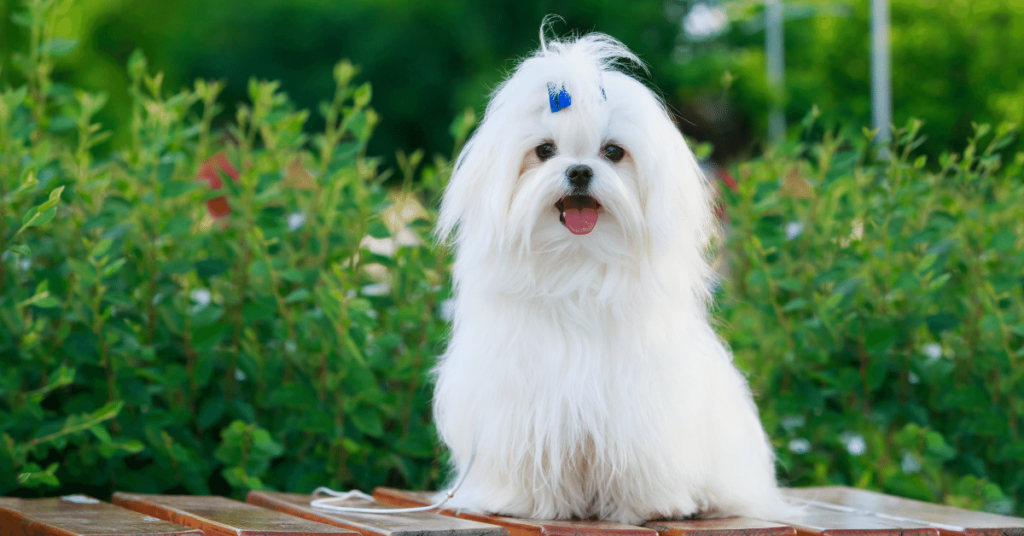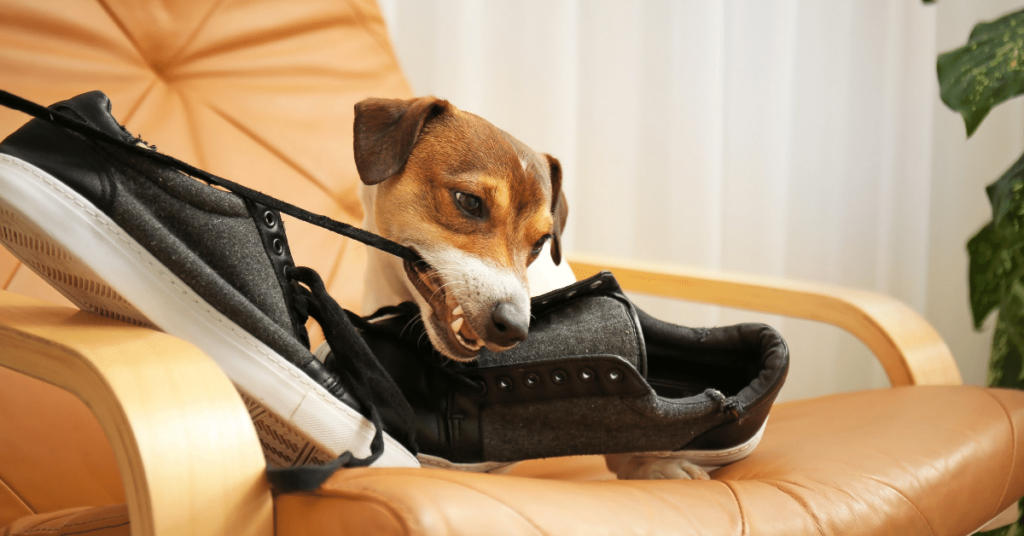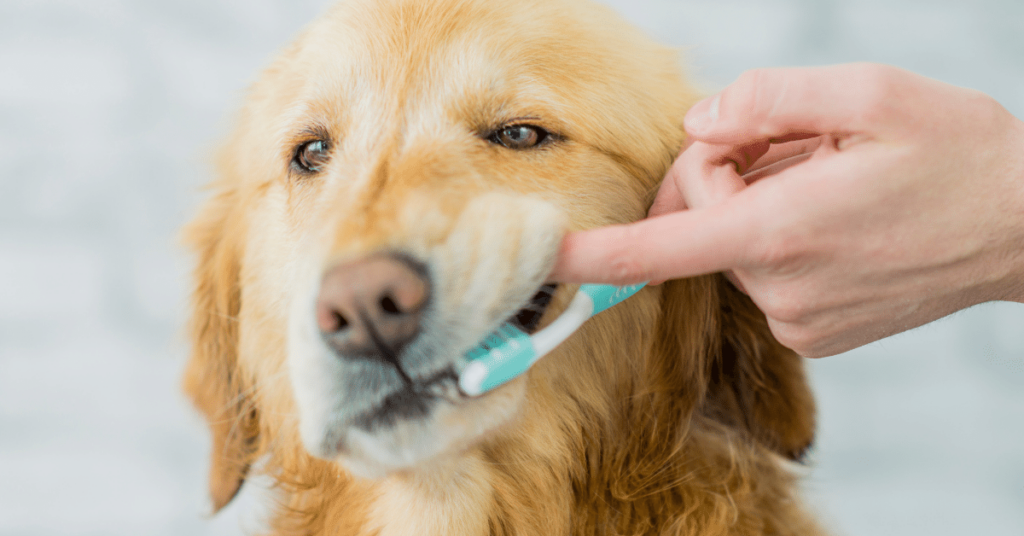Introduction
Good oral hygiene is just as important for our pets as it is for us. Regular brushing and proper dental care can prevent tooth decay, gum disease, and other oral health issues. In this article, we will discuss the best brushing techniques and dental care products for your furry friends.
Why is Oral Hygiene important for pets?
Maintaining proper oral hygiene for your pets is crucial to their overall health and well-being. Poor oral hygiene can lead to various health problems such as bad breath, gum inflammation, tooth loss, and even systemic infections that can affect their vital organs. Regular dental care can help prevent these issues and extend your pet’s lifespan.
Brushing Techniques for Pets
Choose the Right Toothbrush and Toothpaste
When it comes to brushing your pet’s teeth, it is essential to use the right tools. Use a toothbrush specifically designed for pets, as their bristles are softer and gentler on their gums. Avoid using human toothbrushes, as they can be too abrasive for your pet’s teeth and gums.
Likewise, never use human toothpaste on your pets. Human toothpaste contains ingredients that can be harmful if ingested by animals. Instead, opt for toothpaste formulated specifically for pets. These toothpastes often come in pet-friendly flavors like poultry, beef, or seafood, making the brushing experience more enjoyable for your furry friend.
Introduce a Gradual Training Process
Just like any other training, introducing your pet to the concept of toothbrushing requires patience and gradual acclimation. Start by allowing them to sniff and lick the toothbrush and toothpaste to familiarize themselves with the taste and texture. Then, gradually introduce the toothbrush to their mouth, giving them positive reinforcement throughout the process.
Brushing Techniques for Dogs
For dogs, softly lift their lips and gently brush their teeth using circular motions. Focus on the outer surfaces of the teeth, as these are more prone to plaque buildup. Make sure to reach the back molars, which are often neglected during brushing. Aim for brushing your dog’s teeth at least two to three times a week.
Brushing Techniques for Cats
Brushing a cat’s teeth can be more challenging, as they are generally more resistant to it. Start by gently lifting their lips and brushing their front teeth. Slowly increase the duration of each brushing session to allow your cat to get used to the process. Be patient and provide positive reinforcement such as treats or praise.
Dental Care Products
In addition to regular brushing, various dental care products can contribute to your pet’s oral hygiene:
Dental Chews and Treats
Dental chews and treats can help remove plaque and tartar buildup in your pet’s mouth. Look for products approved by veterinary dental associations, as they are specially designed to promote oral health. However, be mindful of your pet’s weight and overall health when choosing these products, as some can be high in calories.
Water Additives
Water additives are a convenient way to maintain oral hygiene for your pets. These additives are simply added to your pet’s drinking water. They contain enzymes and antimicrobial agents that help reduce plaque and freshen their breath. However, it is essential to follow the instructions and appropriate dosage for optimal results.
Dental Wipes and Sprays
For pets who are resistant to toothbrushing, dental wipes and sprays can be an alternative solution. Dental wipes are designed to remove plaque and food debris, while dental sprays help freshen their breath and reduce bacteria in their mouth. These products can be used in-between brushing sessions or as a supplement to regular brushing.
Summary
Proper oral hygiene is vital to your pet’s overall health. Regular brushing using pet-specific toothbrushes and toothpaste can prevent dental issues such as tooth decay and gum disease. Gradually introduce the brushing process to your pet, providing positive reinforcement throughout. In addition, dental care products like chews, water additives, wipes, and sprays can help maintain their oral health. Prioritize your pet’s dental care to ensure a longer, healthier life for your furry companion.

